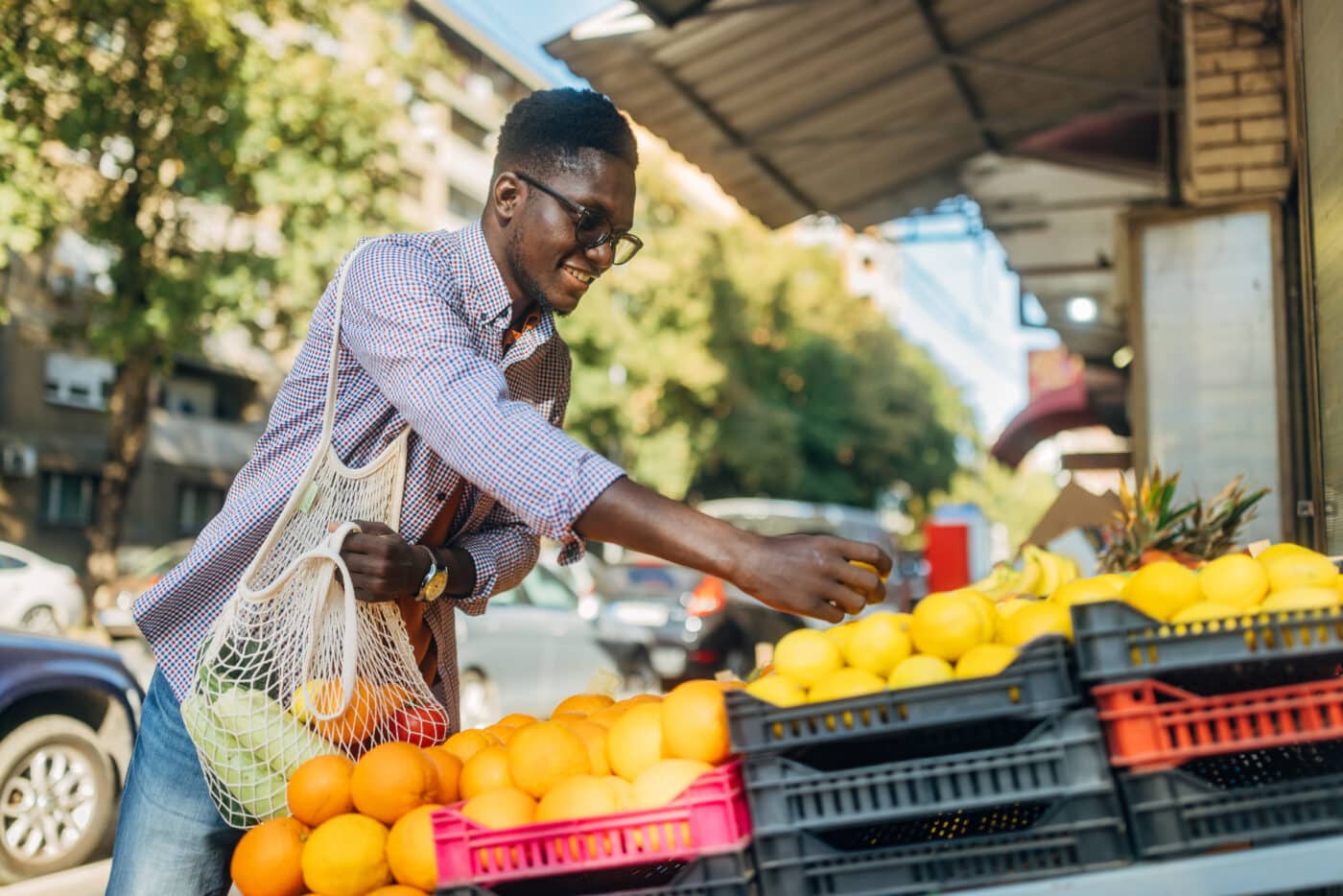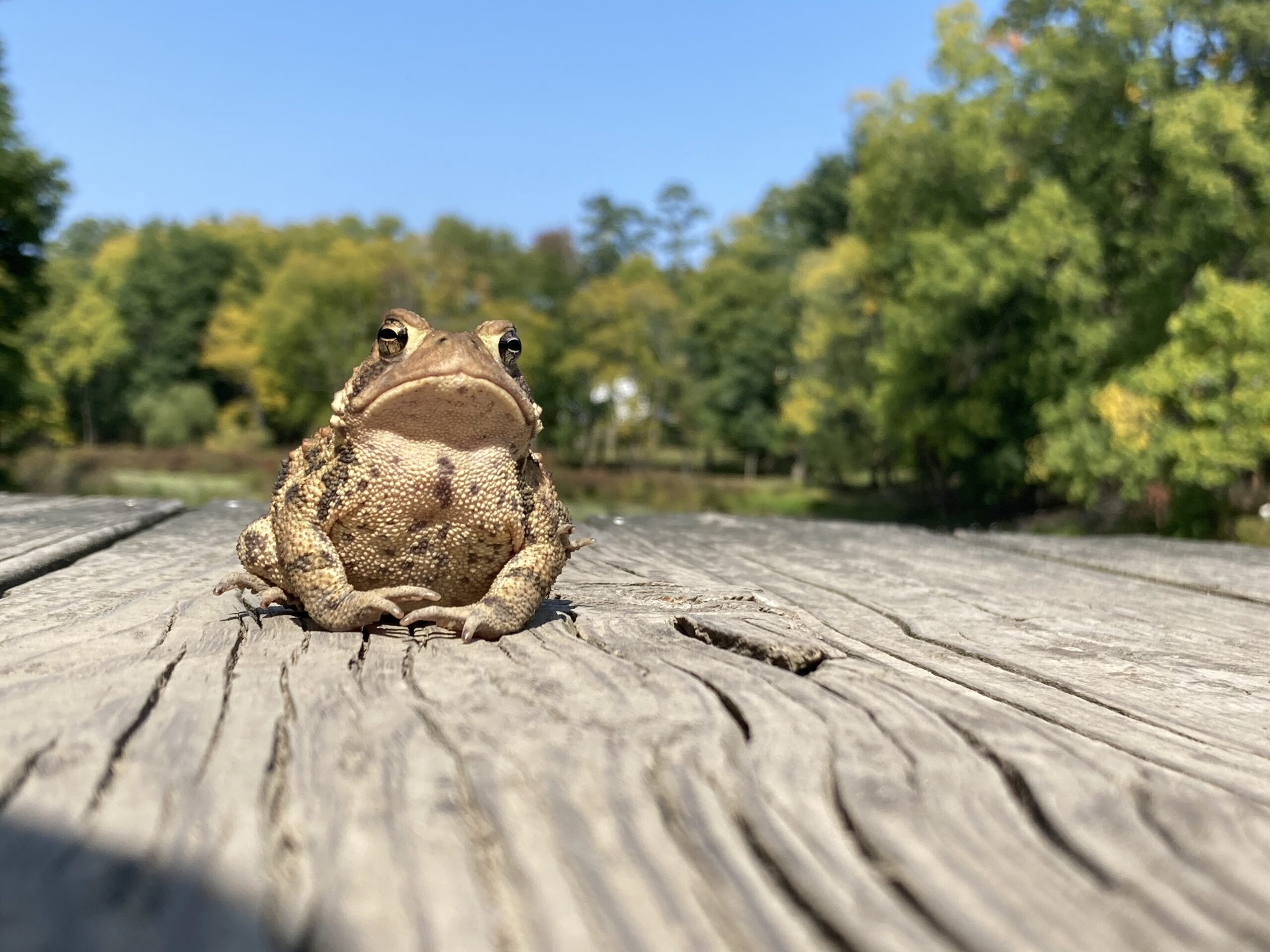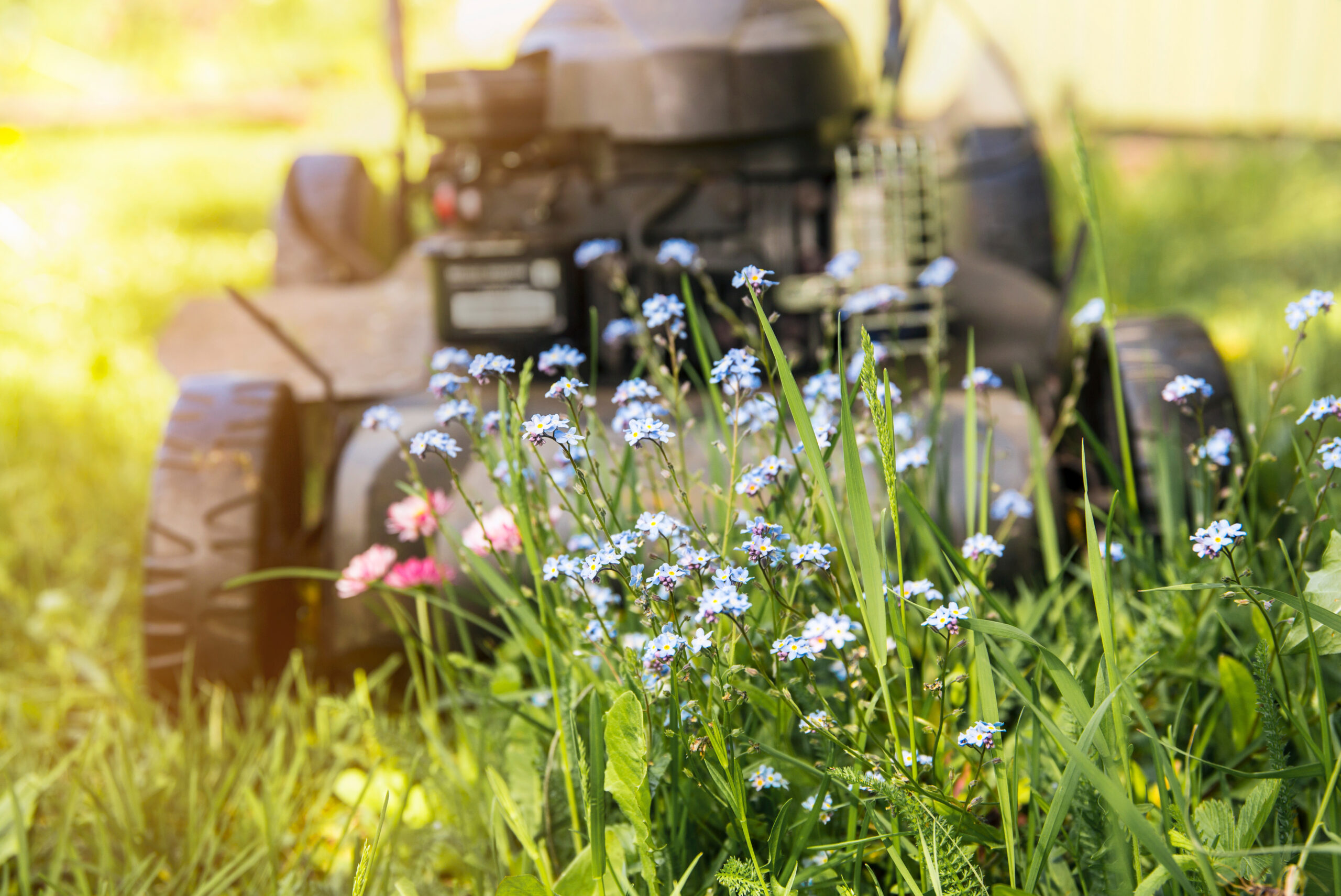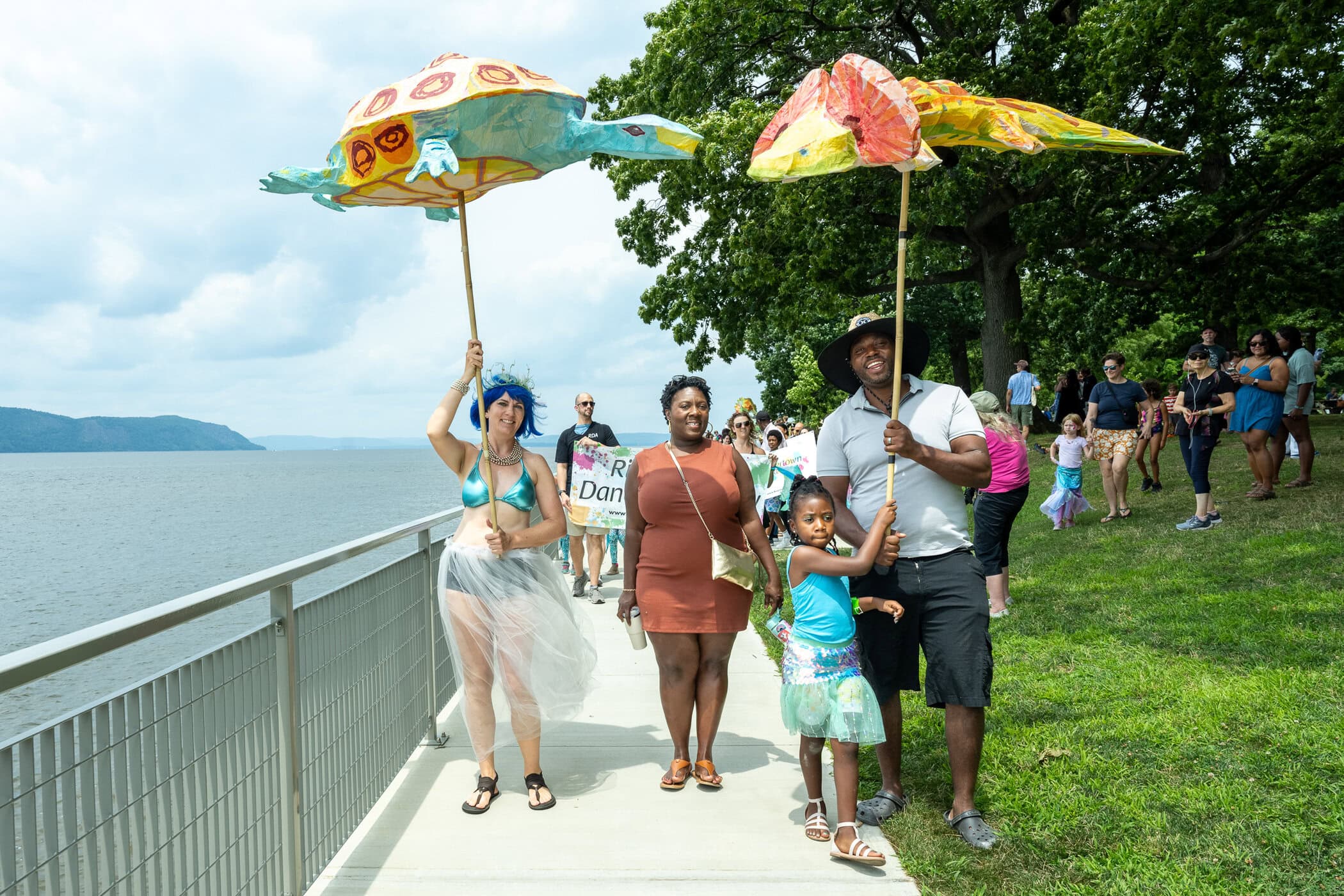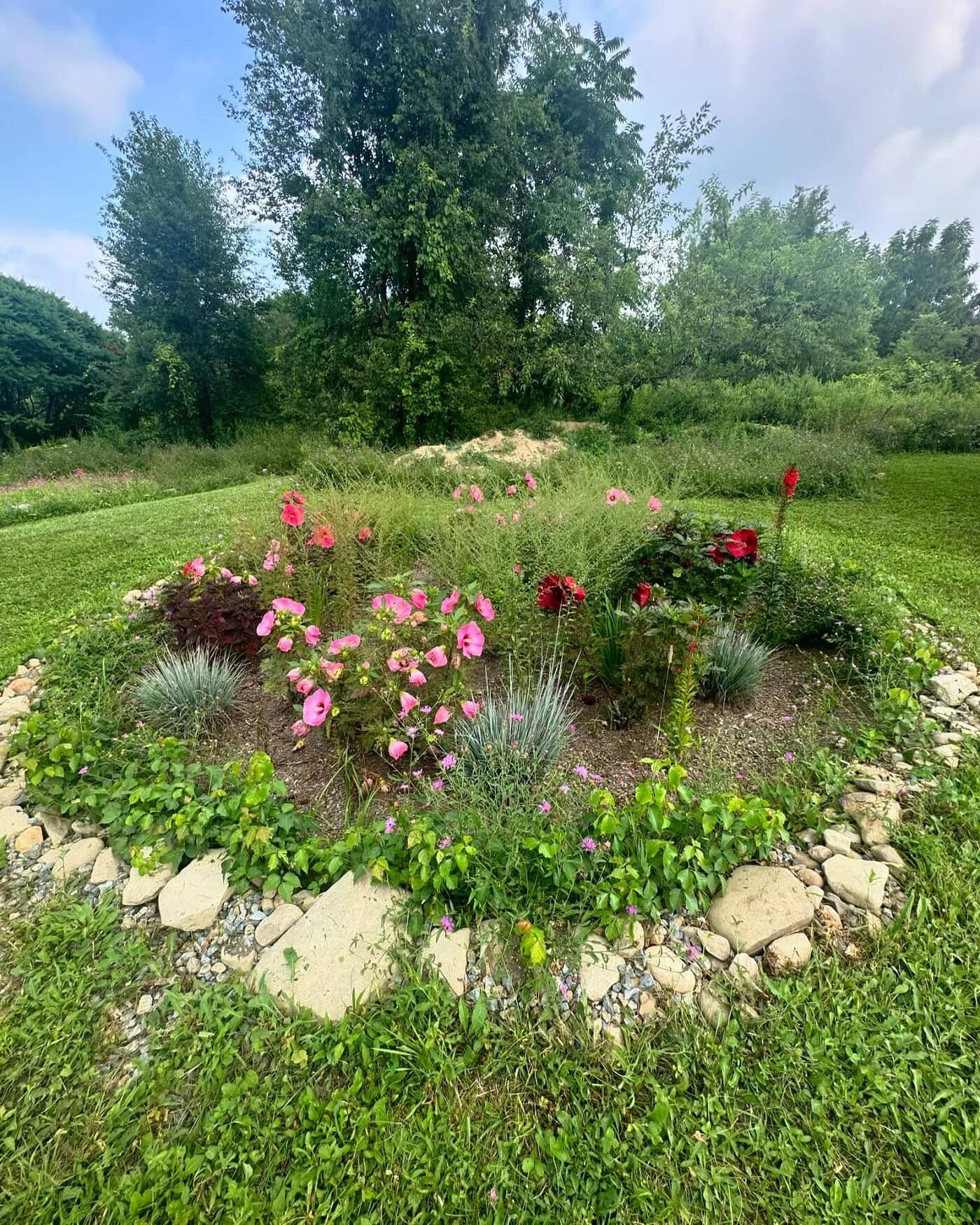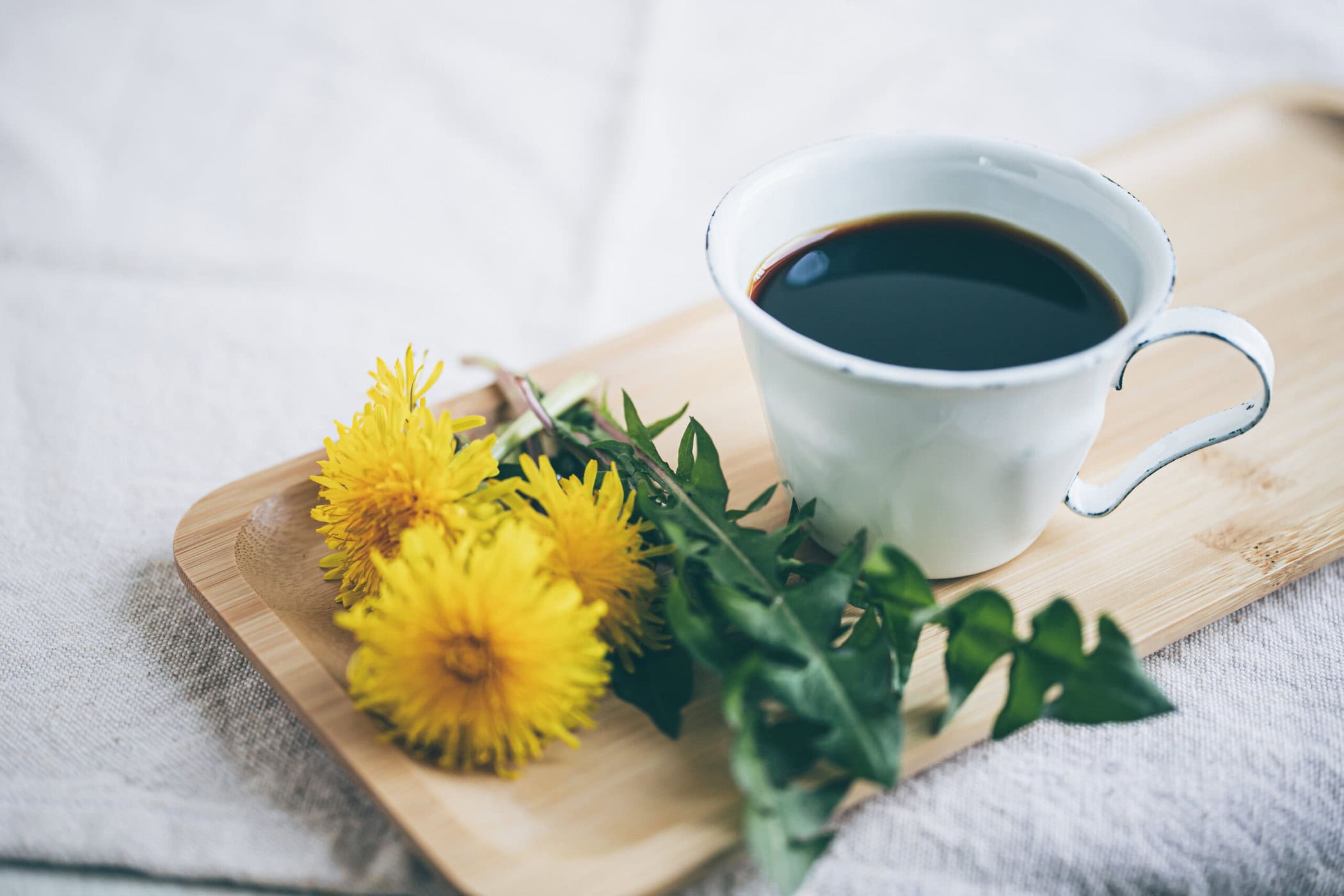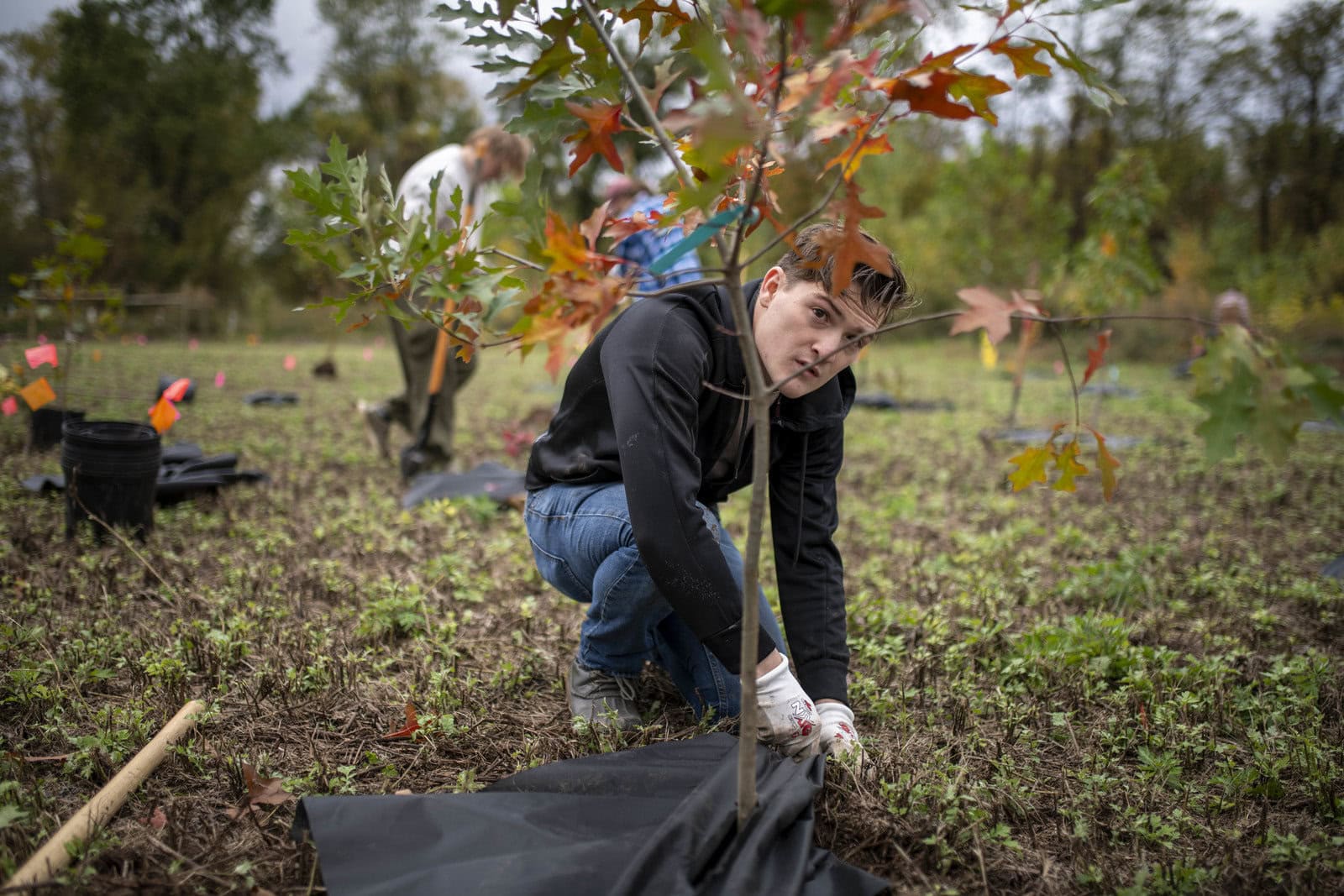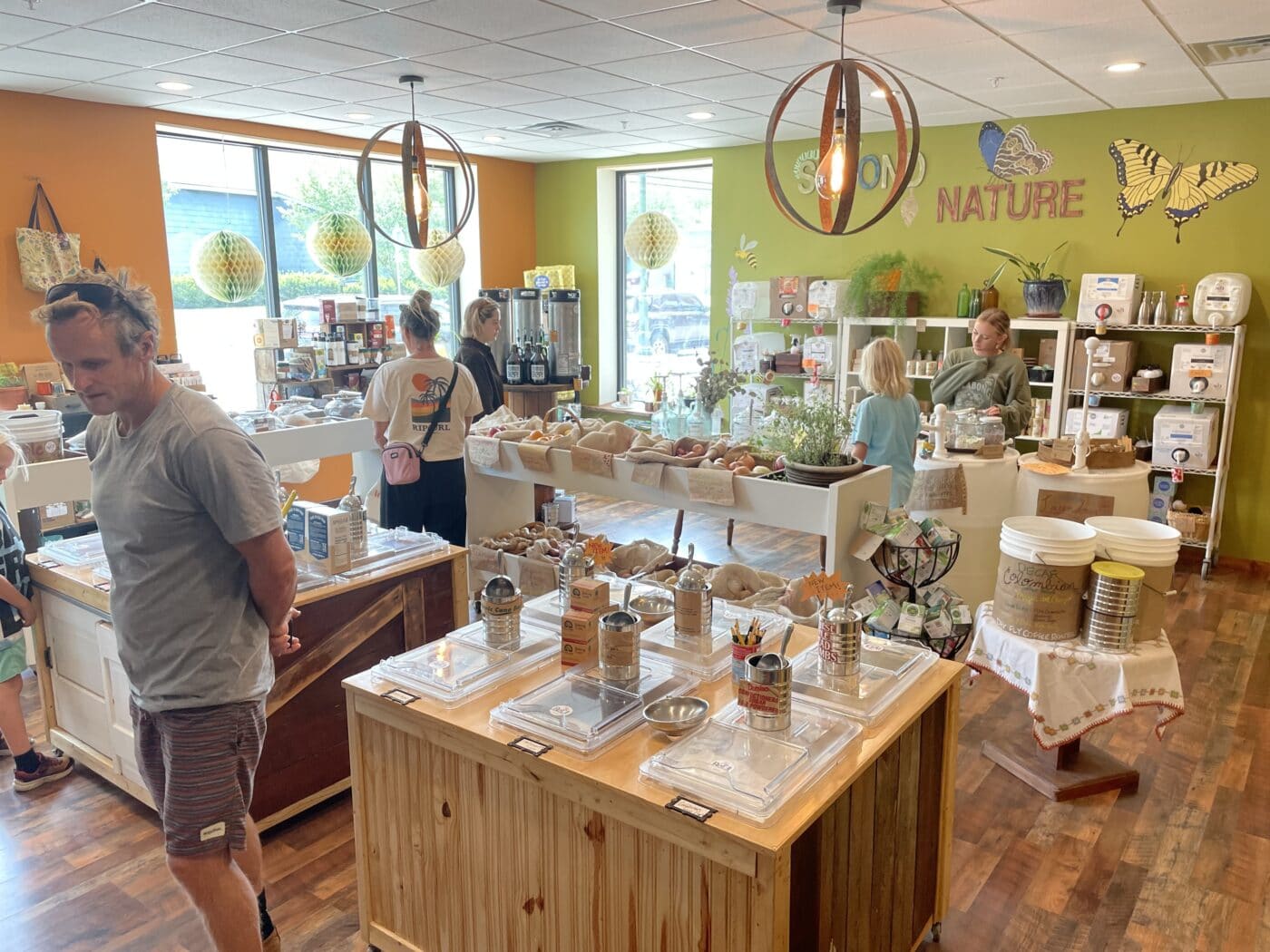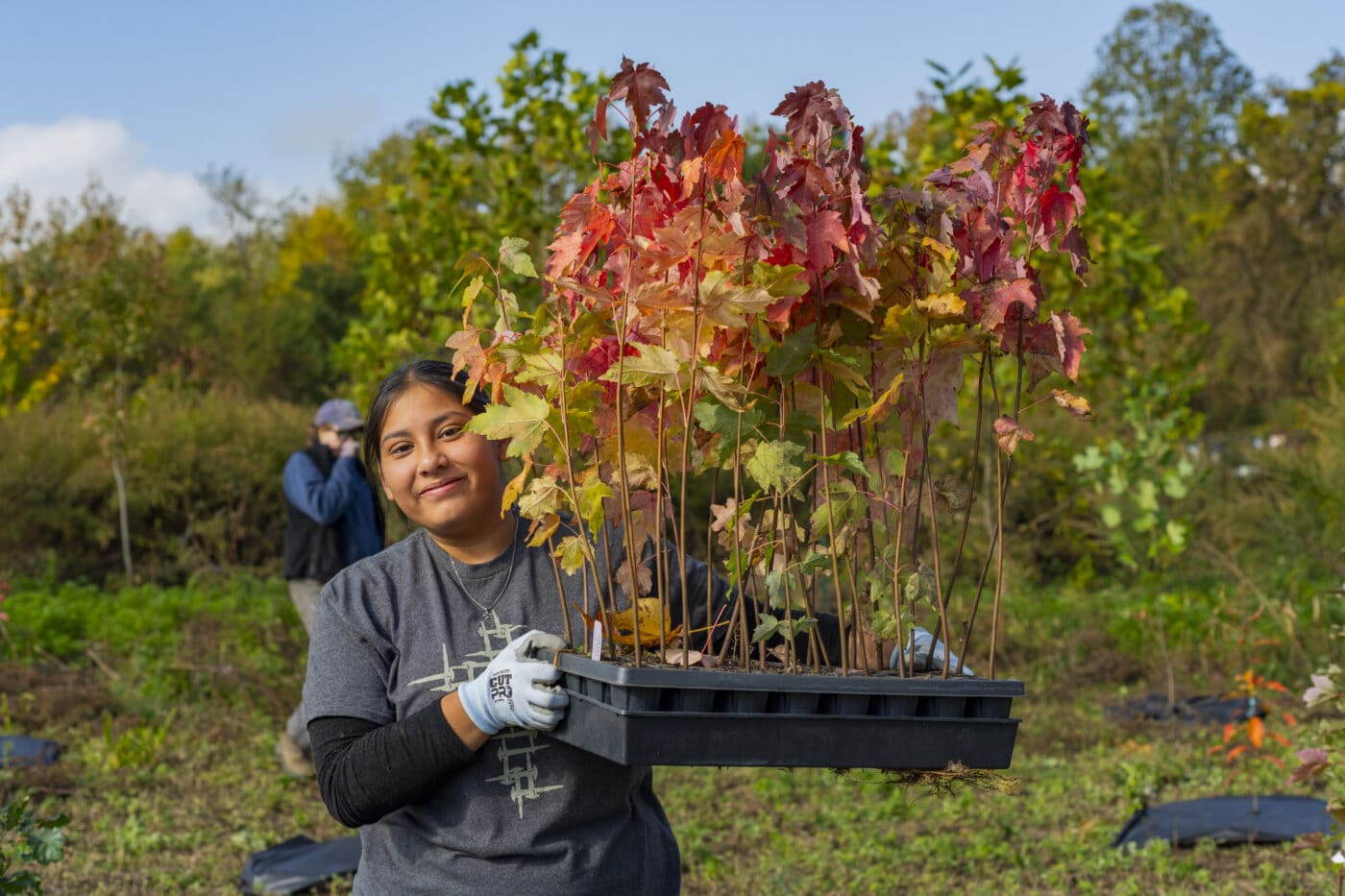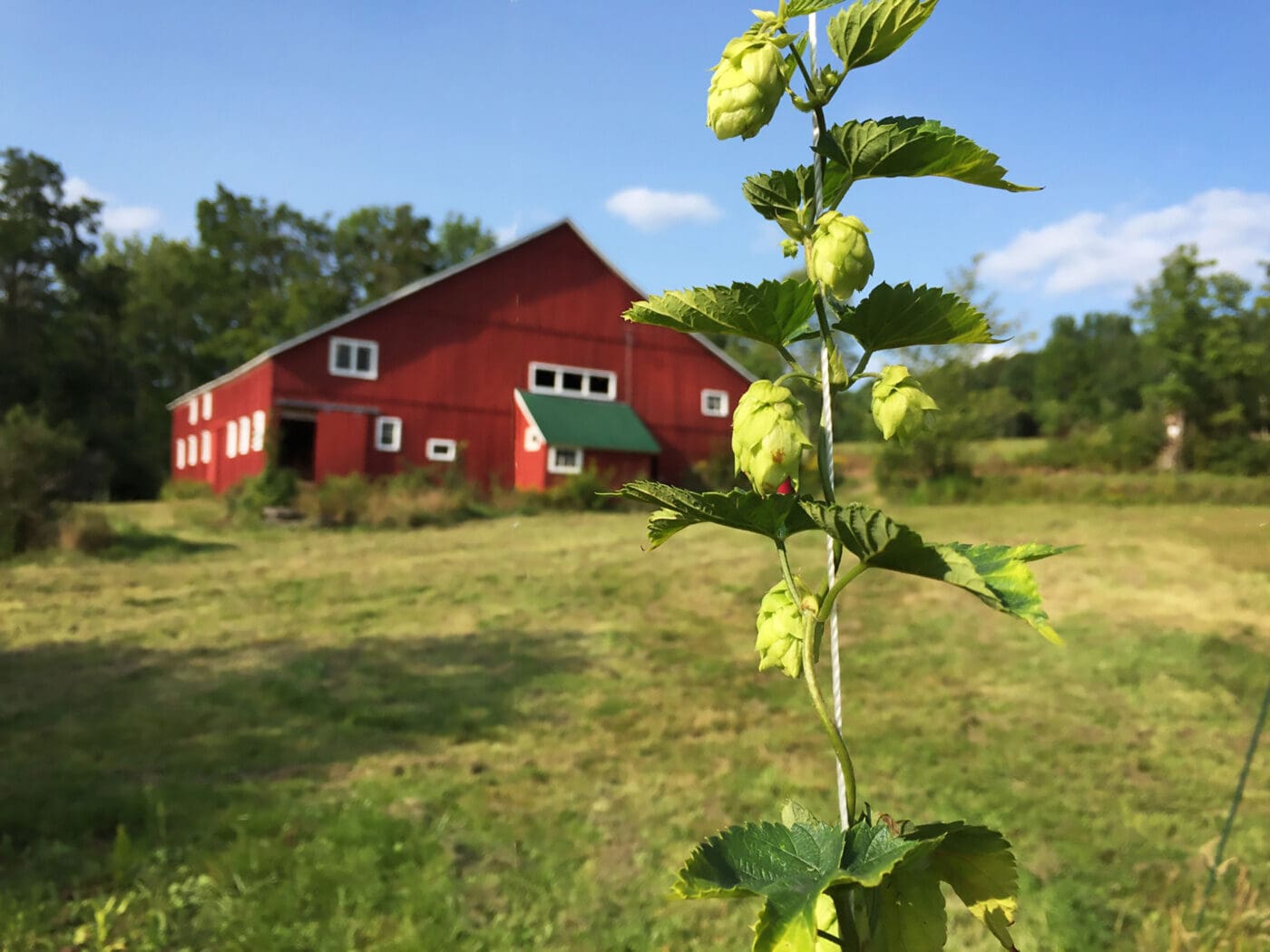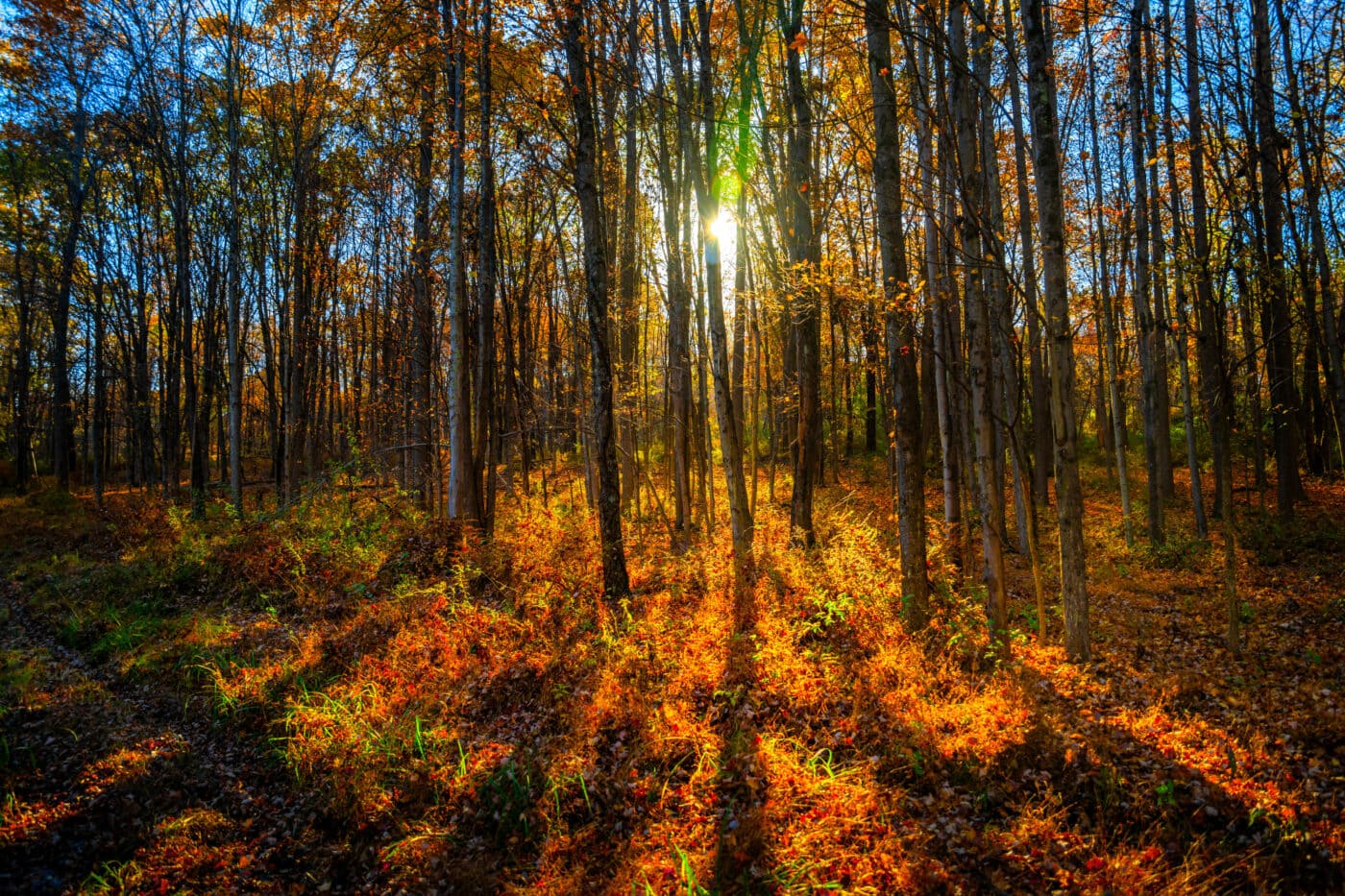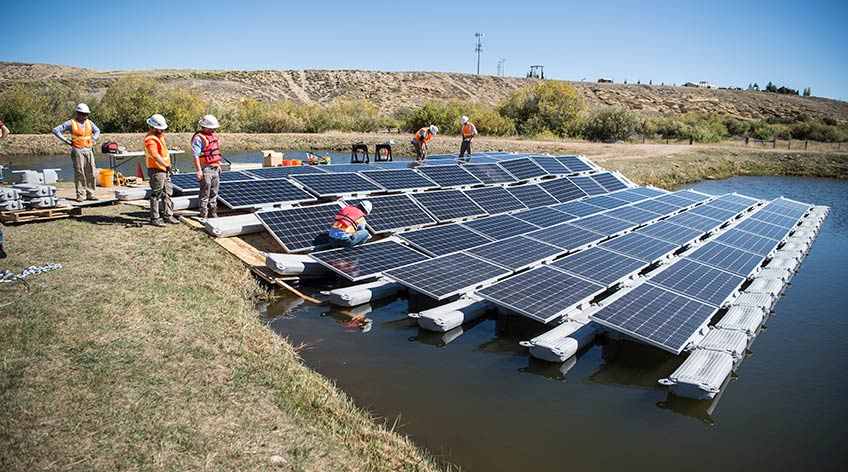Americans use more than 100 billion plastic bags a year — and until recently, nearly a fifth of them were carted out of stores and restaurants by New Yorkers. According to American Rivers, three times more of these bags end up littering our nation’s forests and waterways than get recycled. And each bag is used only an average of 12 minutes.
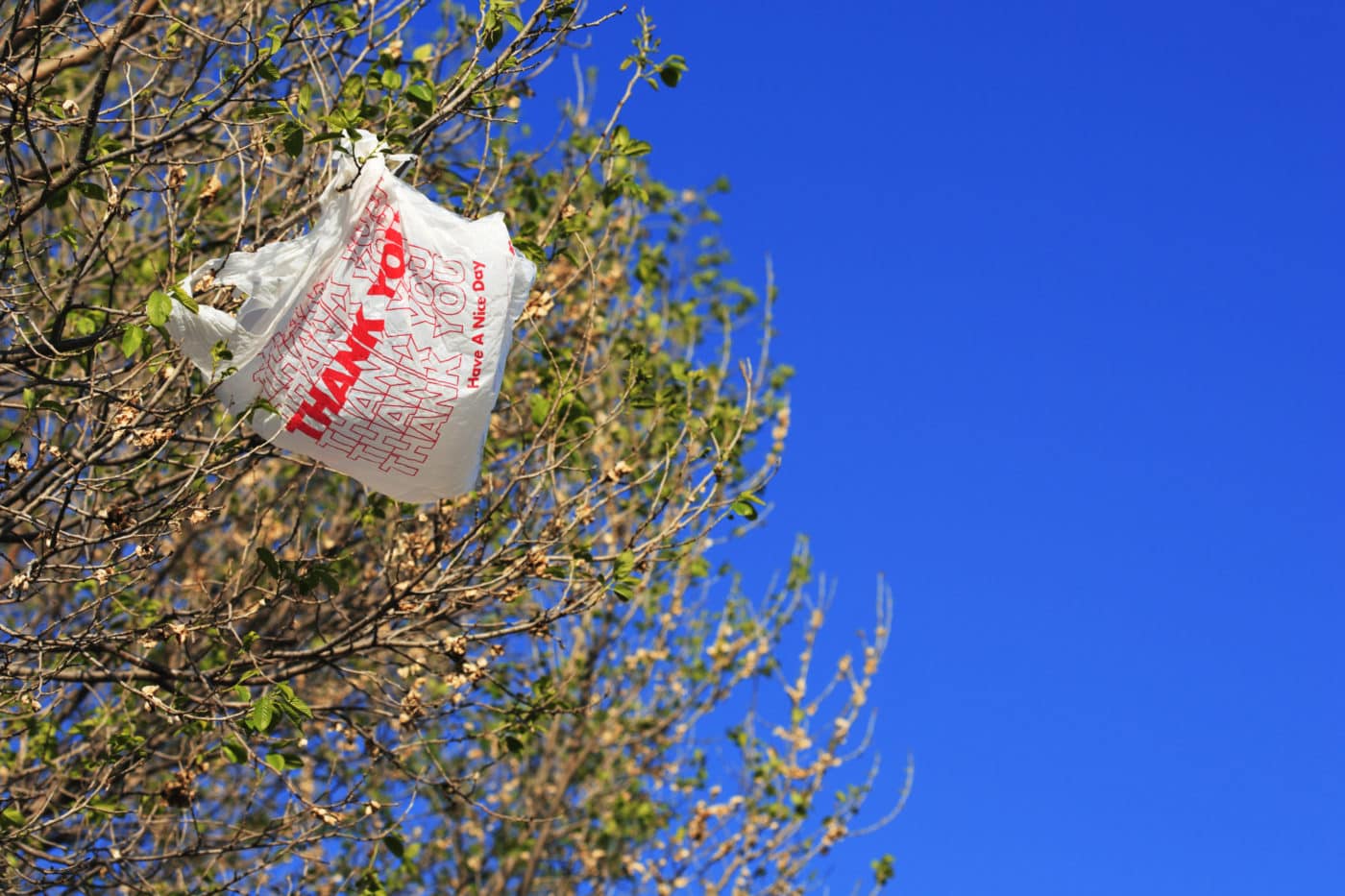
Beginning March 1, 2020, those numbers began to decline greatly as New York’s plastic bag ban went into effect. New York is among 12 states that have banned plastic bags — and now the results are starting to come in.
A recent report (copublished by three nonprofits, Environment America, U.S. Public Interest Research Group Education Fund, and Frontier Group) drew on government and industry data to conclude that bans like New York’s have eliminated 300 bags per person per year. The study drilled down on five representative state policies — and although New York’s wasn’t among them, the researchers found that neighboring New Jersey’s alone has eliminated a stunning 5.5 billion bags annually.
This has been not only good news for cutting down on litter: It’s a boon to our environment. Depending on thickness, plastic bags take anywhere from 10 to 1,000 years to decompose in a landfill, and all that time they’re leaching chemicals into the ground. Meanwhile, bags burned in incinerators release toxic gases like dioxins and mercury.
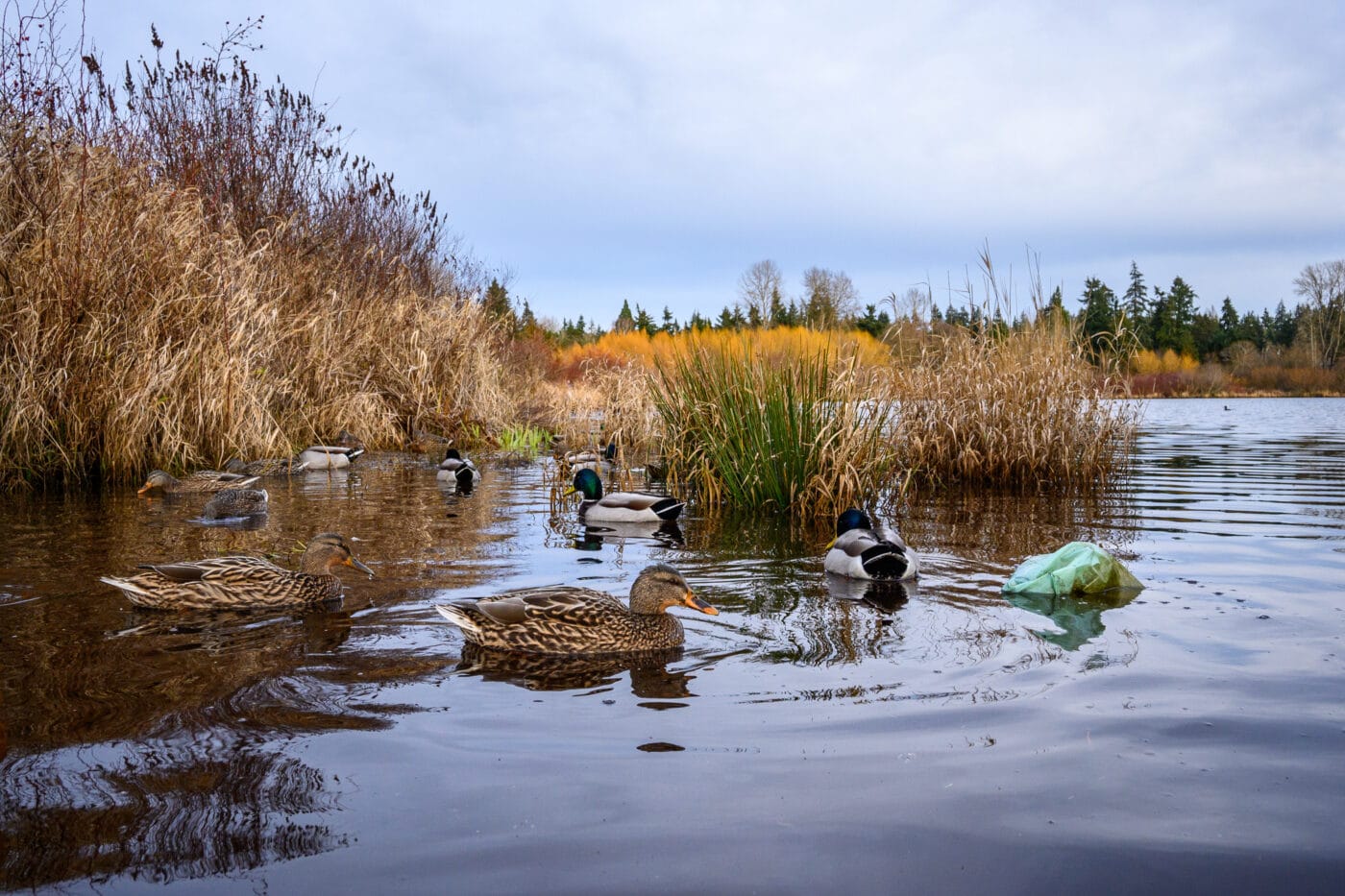
Plastic bags that escape into habitat are also a huge issue, especially in waterways. Together with plastic film, plastic bags cause more deaths of marine life like sea turtles, whales, and dolphins than any other kind of plastic. Birds often also ingest plastic bags, mistaking for food what can turn out to be a poison pill that can kill them.
And how has this impacted you directly? A study released last year by biologists at Canada’s University of Victoria concluded that Americans ingest somewhere between 39,000 and 52,000 microplastic particles a year from foods. That works out to consuming one credit card a week. The total of microplastic particles ingested climbed upwards of 70,000 once you factor in how much we inhale.
In other words, forgoing plastic bags and toting a cloth carry-all to the store continues to do us all a world of good.
